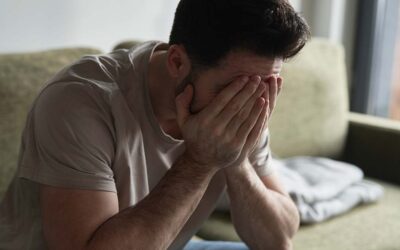Our Blog
Expert Insights and Tips from the Leading Hair Transplant Specialists
Hair Loss And Aging
More than half of all men and one-third of all women experience hair loss as they get older. According to the National Council on Aging, those numbers are for people older than 65 but we know that hair loss from genetic factors (like male/female pattern baldness) can...
Does Smoking Cause Hair Loss?
As we age, hair thinning and loss are a part of life for most people. One of the earliest moments this becomes visible is when our hairline matures from childhood to adulthood. As men get older, they are likely to experience male-pattern baldness. This often appears...
Supplements And Hair Loss
Most of us, of a certain age, remember being told to take our Flintstones. Those chewable, bitter, iron-flavored vitamins shaped like cartoon characters are a far cry from the multivitamins available today – often disguised as soft gummies and bright fruit flavors....
What You Need To Know About Medical Tourism For Hair Restoration
Medical tourism is the practice of traveling to another country to obtain medical treatment. Oftentimes the reason people seek out these procedures is that they are more affordable than in their home countries, but those curious about medical tourism need to do extra...
The Link Between Mental Health & Hair Loss
Mental health is a serious issue, especially in tumultuous times. It is also far more common than most people realize. One out of five adults in the U.S. grapple with mental health issues, and one in twenty battle serious mental health issues. Anxiety, OCD, bipolar...
What Is Telogen Effluvium?
Hair thinning and loss is all too common here and around the world, the most common being androgenetic alopecia. Also known as male or female pattern baldness, this form of hair loss affects approximately 50 million men and 30 million women. These statistics also show...
Can Dieting Cause Hair Loss?
Hair loss is a concern for many people, and while there are various causes, one factor that often gets overlooked is diet. The foods you eat (or don’t eat) can impact your hair health in significant ways. If you are noticing hair thinning or more strands falling out...
What’s Normal Shedding?
Sooner or later during their lives most people will experience hair thinning or hair loss. For many this can be an intense blow to their self-esteem and self-image. However, just because you see hair on your brush after using it… does not mean you have a problem. It...
5 Ways Drinking Water Improves Hair Growth
There’s a joke in the movie “Idiocracy” about drinking water as no one seems to understand that water – just plain water – is the best thing they could be drinking. Sadly, many of us know a person who might have the same opinion that should be the last choice of...










